‘No hope’ until Hamas’s hostages cross border as ceasefire nears
The Bibas family have said there would be ‘no end’ to their plight until their Hamas-held loved ones ‘crossed the border’.
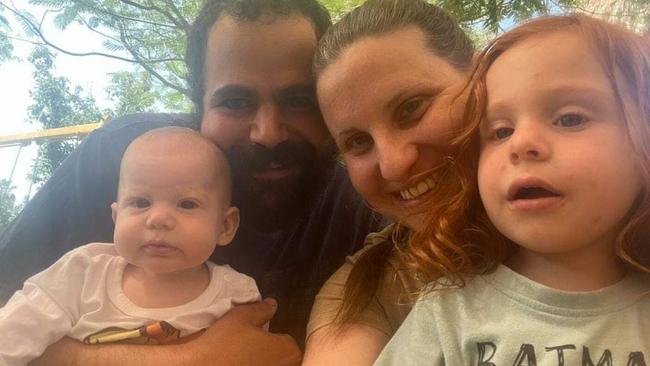
The Bibas family have said there would be “no end” to their plight until their Hamas-held loved ones “crossed the border”.
The family of four’s October 7 abduction became a searing image of those attacks, with vision of mother Shiri snatched from her Nir Oz kibbutz home, cradling her sons, the then 10-month-old Kfir and four-year-old Ariel.
The boys’ father, Yarden, was also abducted, and The Australian revealed how his aunt, Sydney-based Michal Keshet, made an impassioned plea to the Australian government after they were abducted saying there was “no justification” for Hamas’s brutality, adding that her family had been thrown into a “horrible new reality”.
In a statement on Thursday, the Bibas family asked for privacy as they awaited updates.
“We are aware of the reports noting that all members of our family are included in the first stage of the agreement, and that Shiri and the children are among the first to be released,” the statement said.
“We have gained enough experience and disappointments and therefore there is no end to the story until our loved ones cross the border.
“We are waiting for certainty about their release and their conditions, and are asking that no one reaches out to us at this sensitive time. We are asking not to lend a hand to spreading rumours.”
Speaking to the Associated Press, one of Shiri’s Israel-based cousins, Yifat Zailer, said that days of waiting for answers were “horrible”.
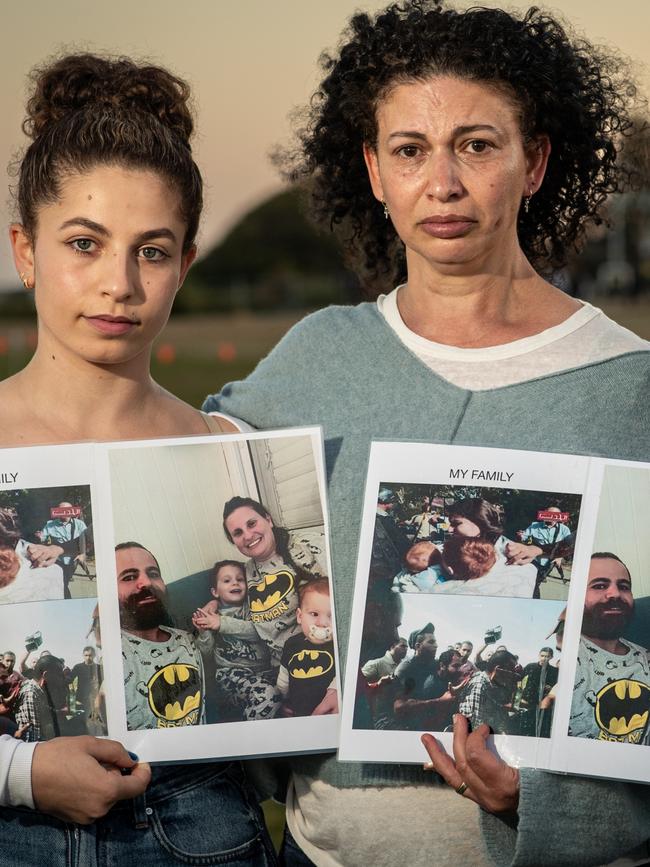
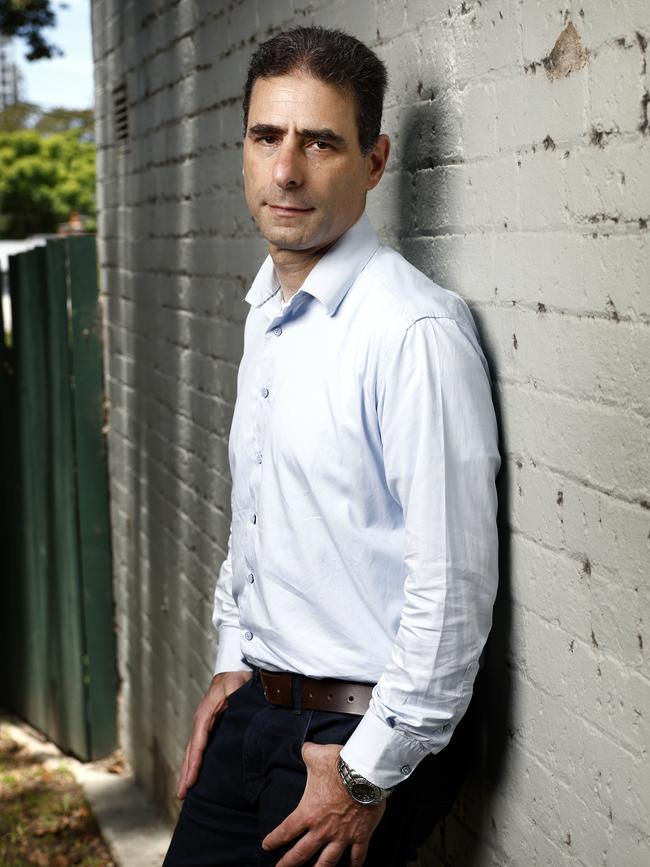
“I want to know already if they’re coming back,” she said.
“I want to know already if they’re OK or not. I want to hold my cousin in my arms.”
In Australia, Sydney man Zack Shachar is praying for a return of his cousin, Naama Levy, 20, who was abducted from the Nahal Oz military base.
“This time, I do have a little bit more optimism,’’ Mr Shachar told The Australian on Wednesday as the first whispers of the imminent deal broke.
“But until it happens, until it’s done, we just have to wait.’’
Executive Council of Australian Jewry legal head Simone Abel explained that the return of the hostages transcended blood ties and that Australia’s Jewish community “hoped for (their) safe and speedy” release.
“We have collectively held our breaths since October 7, and felt the pain every day of our children, siblings, parents and grandparents who were snatched away, tortured and held hostage,” she said.
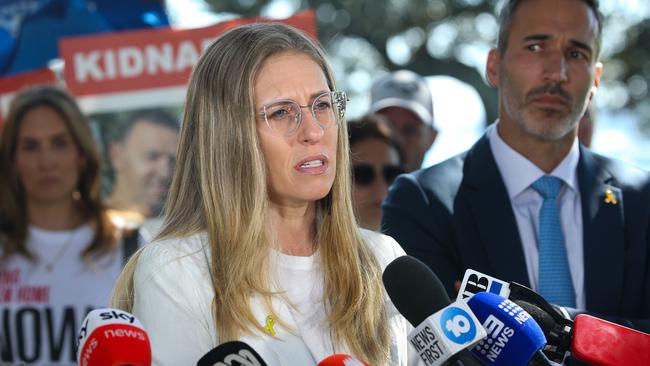
“We are one people, inextricably connected through our rich ethnic, cultural and religious heritage and link to the land of Israel.
“What harms one of our people harms us all. (Their pain) is something that has been at the front of our hearts.”
Under the conditions of the truce, the first phase of a six-week ceasefire would focus on the return of 33 hostages, mainly women, children, the elderly and the sick, in return for the release of Palestinian prisoners.
Two American hostages were expected to be released first and the Israeli government believed that “most” of the 33 Israeli hostages were alive.
Negotiations continue for a second-phase release of soldiers and males, and the bodies of dead hostages.
Under the proposed third stage, it is believed the bodies of the remaining dead would be released in return for a three to five-year reconstruction plan of Gaza. It is believed more than 90 hostages, dead and alive, are still being held.



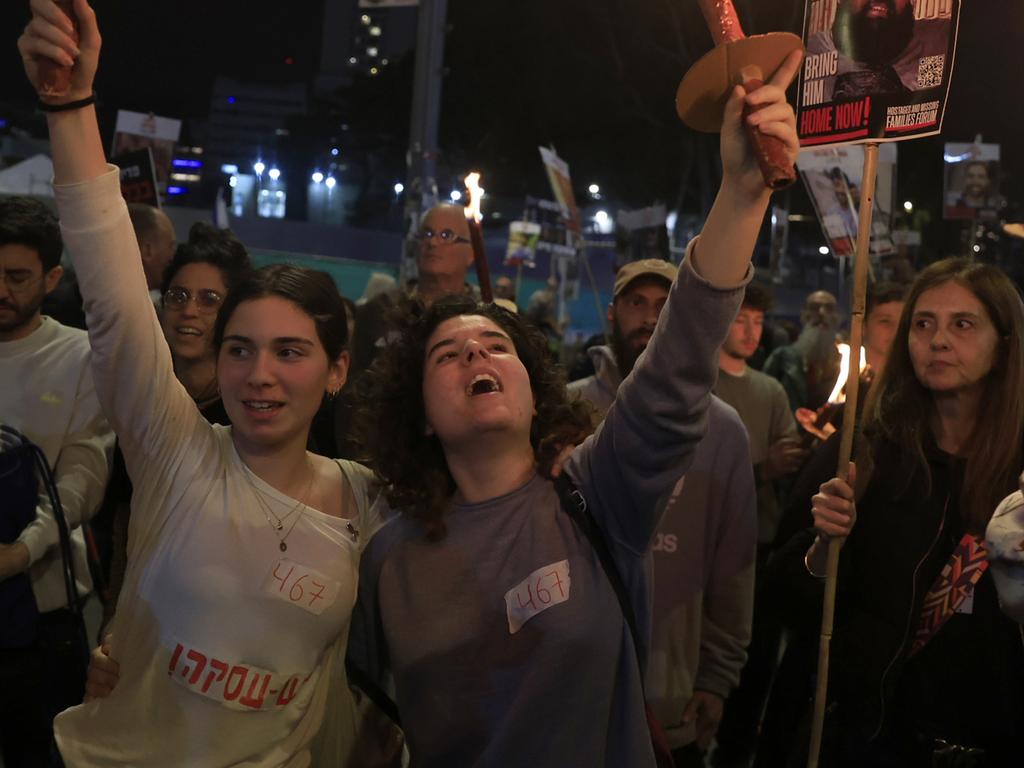

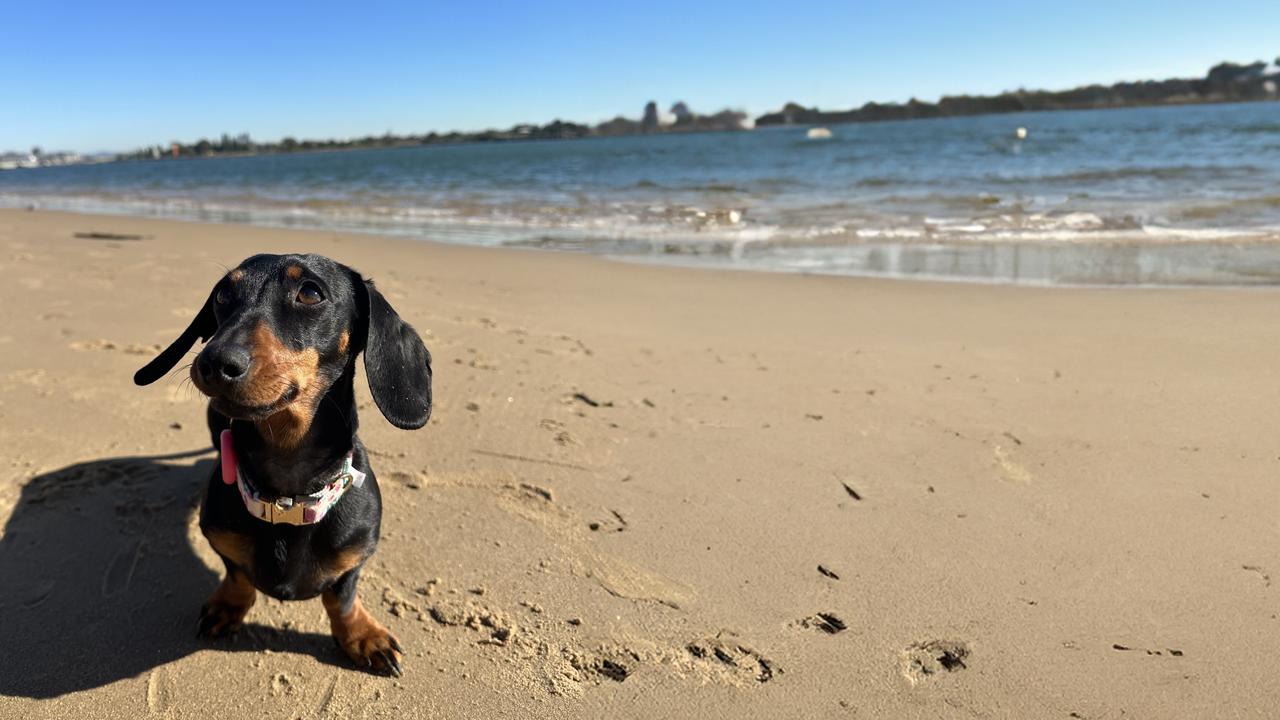

To join the conversation, please log in. Don't have an account? Register
Join the conversation, you are commenting as Logout